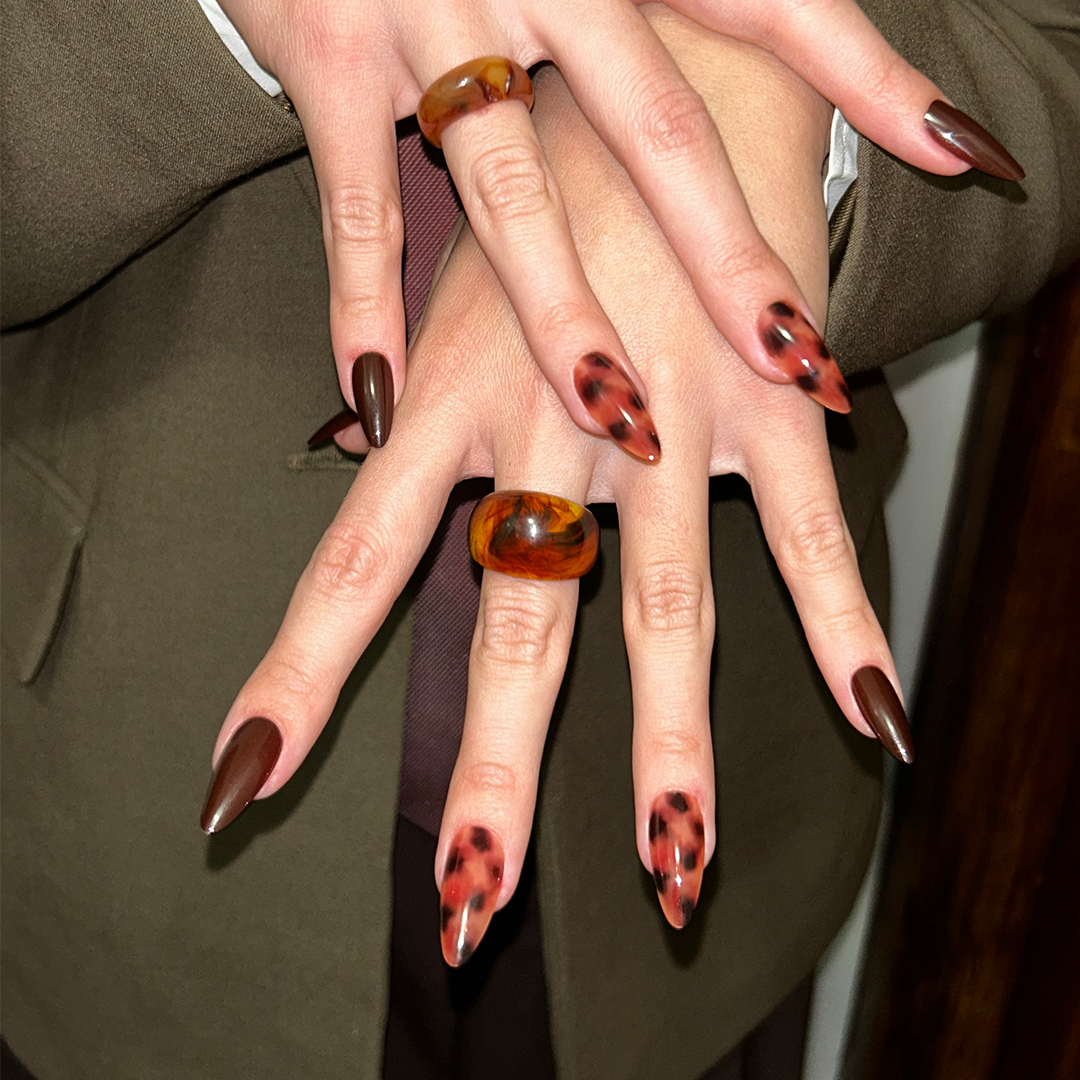Even when you’re treating loved ones, accidents can happen. Here’s why having the right beauty insurance in place protects your business, your reputation and your relationships.
It’s easy to assume insurance isn’t necessary when offering treatments to friends and family, but even unintentional mistakes can lead to costly claims.
Having professional beauty insurance in place protects you financially and emotionally, ensuring your business and relationships stay intact if something goes wrong.
The risks of skipping insurance for friends and family treatments
It’s a common misconception that you don’t need insurance to carry out treatments on friends and family.
We’d all like to think that someone close to us would never take legal action over an unintentional mistake – but if a friend or family member suffers an injury that stops them from working or permanently scars them, friendly loyalties can fade fast.
Similarly, if you’re a mobile therapist and accidentally damage an expensive item in their home, there’s a good chance they’ll make an insurance claim.
Claims from friends and family can be just as serious as those from paying clients.
Common examples include allergic reactions to lash glue, tint or skincare products; skin burns from waxing or chemical peels; hair damage from colouring or bleaching; and slips or trips during mobile visits.
Even when treatments are given with love, things can go wrong, and your relationship doesn’t change how the law works.
Why friends and family might still make a claim
Often, claimants view it as the insurance company paying the claim, not their friend, so they’re more willing to pursue it – not realising it can affect your premium, your confidence, and your reputation for years to come.
Recently, a policyholder carried out a nail treatment for a friend at home and accidentally marked a bespoke TV unit. The claim exceeded £2,000 to replace it. The issue was eventually settled, but the friendship was left damaged beyond repair.

Treatments with higher risk – even in a home environment
Treatments that involve chemicals, heat or sharp tools tend to carry higher risk, such as tinting, bleaching, microdermabrasion or microneedling.
Lash and brow services are also a common cause of claims due to reactions around the eyes.
Even a simple gel polish can lead to a claim if there’s a reaction, infection or injury.
How to talk to friends and family about insurance
It can feel awkward to bring up insurance with loved ones, but it’s an important part of being professional.
A simple way to explain it is to say, “I love treating you, but I still need to follow my insurance policy to keep us both protected.”
It’s not about trust; it’s about running your business properly. Most people will completely understand once you explain its standard practice.
Best practices for mobile therapists
Working in someone else’s home brings its own set of risks, from property damage to trip hazards.
Always check the area for cables, rugs or pets, make sure there’s enough light and ventilation for the treatment, and keep your equipment tidy.
Ask clients to keep children and pets away from the treatment area. These small steps make a big difference and show you take safety seriously.
Common misconceptions about beauty insurance
A frequent misunderstanding among beauty professionals is that insurance isn’t needed if the person isn’t paying.
In reality, insurance covers the act of giving a treatment, not whether money changes hands.
Some therapists also assume friends would never make a claim, but if someone is injured and needs NHS treatment or time off work, their insurer or solicitor might get involved even if they didn’t want to.
The professional and emotional benefits of being insured
Having insurance in place provides more than just financial protection. It also supports your confidence and credibility, allowing you to focus on delivering high-quality treatments.
Being insured shows that you take your profession seriously and value the trust your clients (and friends) place in you.
It’s not just a safety net; it’s part of being a responsible, professional beauty therapist.
How to check your current insurance policy
Even if you already have beauty therapist insurance, don’t assume you’re automatically covered for friends and family.
Policies can vary, so always read the wording carefully or contact your broker to ask specifically: “Am I covered for treatments on friends and family, even if they don’t pay?”
Some policies include this cover by default, while others may require consent forms for every client. It’s always better to check than to assume.
The bottom line
Treating friends and family can be one of the most rewarding parts of working in the beauty industry, but your passion shouldn’t put you at risk.
A comprehensive insurance policy from Professional Beauty Direct protects your business, your reputation, and your relationships, no matter who’s on the treatment bed.

About the author
Rosie Barrington is the manager at Professional Beauty Direct, a specialist insurance provider for beauty, hair and nail professionals.
Based in Kent, Barrington leads a friendly, knowledgeable team dedicated to making insurance simple, stress-free and tailored to every therapist’s needs. Learn more at professionalbeautydirect.co.uk



